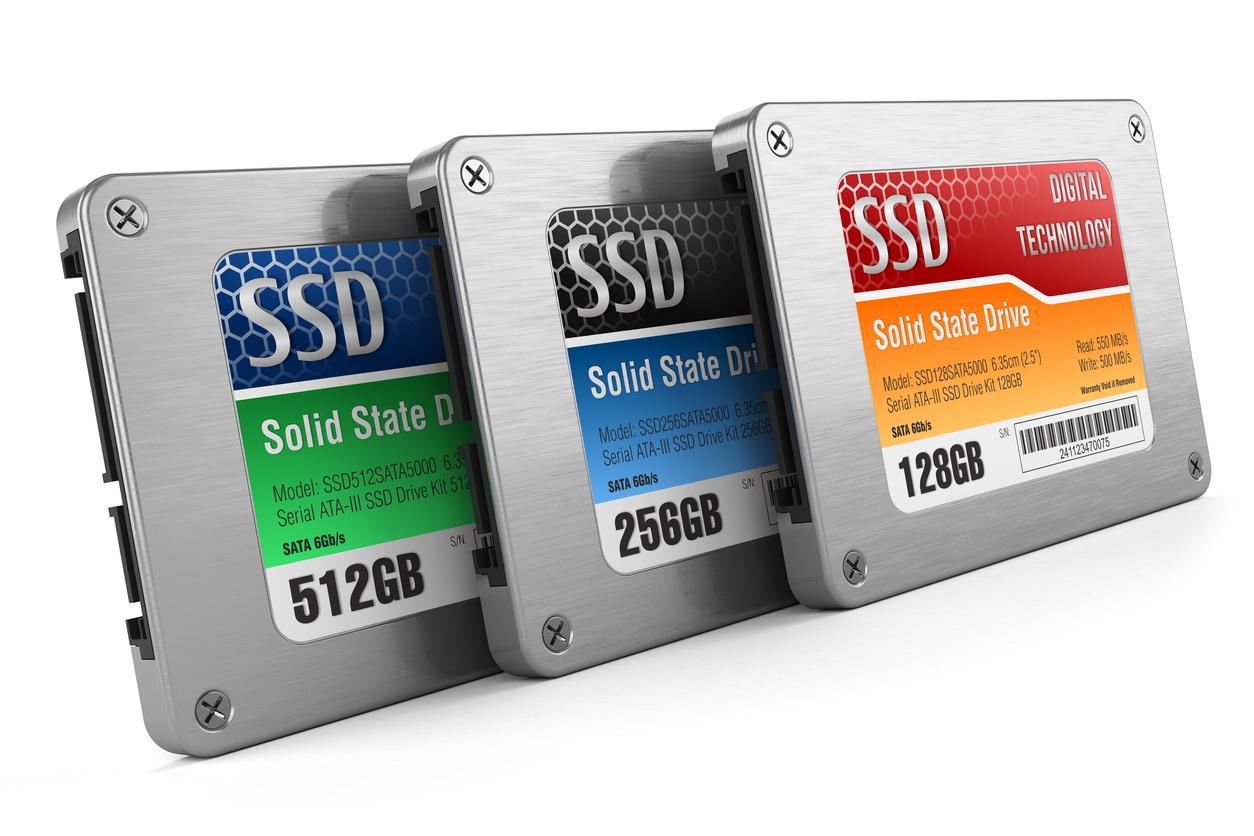Amazon Web Services (AWS) and VMware recently announced that RDS, the Relational Database Service was in tech preview as an on-premises deployment on vSphere. Running a service outside of Amazon’s data centre represents a big change for the company. The only non-core offering to date has been Snowball, the edge data appliance. In this week’s recording, Martin and Chris discuss the implications of running a service on-premises, what’s in it for the customer, for VMware and for AWS. The database market is a lucrative business. It’s reasonable to expect that end users will look to …
#65 – Challenges in Managing Unstructured Data with Shirish Phatak
In this week’s podcast we focus on the issues of managing unstructured data in a distributed world. Chris and Martin are joined by Shirish Phatak, CEO at Talon Storage. It’s interesting that “unstructured” proves to have a moveable definition, depending on what you want to include. While we traditionally think of files and objects as unstructured, these so-called binary pieces of content typically do have structure within them. In contrast, databases can be made up of unstructured data – e.g. files, that together take a structured form. Getting past the definition, we find that data …
#58 – Storage Vendor Hero Numbers
This week, Chris Mellor is back and the team take a dive into the subject of storage vendor hero numbers. What are hero numbers? We’ve all seen them, they’re the huge performance figures quoted by all-flash storage vendors aimed at putting their products forward in the best light possible. Are hero numbers believable or should we be looking at certified vendor benchmark testing as a guide to capability? Do users even look at benchmark or hero numbers in the first place? Could the whole exercise be a waste of time? The conversation moves to talk …
#52 – An Introduction to WekaIO Matrix with Liran Zvibel (Sponsored)
This week’s guest episode was recorded live in Silicon Valley at the offices of WekaIO. The company has developed a scale-out parallel file system called Matrix that was specifically designed to exploit NVMe storage and new fast networking. Chris is onsite to talk with CEO and co-founder, Liran Zivbel. Martin is dialled in remotely from the bowels of the Storage Unpacked offices. The conversation covers how Matrix was developed to work with new media and at the same time address some of the issues seen in the use of parallel file systems such as managing …
#50 – Introduction to Quantum Computing
How does quantum computing relate to storage? This week’s episode is a bit of a diversion from our normal podcasting topics. In episode #47 (Enterprise Storage is not Boring), we mused as to how quantum computers use data. With no real knowledge between us, we asked for listeners to help us out. As a result, we’re joined in this episode by Scott Crowder, Vice President & CTO, Quantum Computing, Technical Strategy & Transformation, IBM Systems. That’s a long job title, Scott! During the show we try and get to the bottom of what quantum computing really …
#46 – Another View on Open Source Storage with Neil Levine
A few weeks ago we discussed Open Source storage and whether it had any place in the enterprise. There was a lot of feedback, so we thought it would be good to follow up with another discussion, so we invited Neil Levine, Director of Product Management at Red Hat to give us his view. Martin, Chris and Neil discuss the difference in buying approach and whether bringing storage in under the radar is a good strategy. The conversation moves on to talk about the Facebook strategy of “move fast and break things”, the situation with …
#44 – Ultra High Capacity Flash Drives
This week, Chris and Martin discuss the availability of super-high capacity or ultra-capacity flash drives. The conversation comes out of an announcement from Nimbus Data that has produced a 100TB SATA SSD. This follows up from last year’s 50TB drives that were OEMed to Viking and Smart Modular. You can find some more background at Architecting IT here. With so much capacity in a single 3.5″ form factor that could cost upwards of $50,000, is this product practical? How do the drives survive failure? Can they be repaired and who would build systems from them? …
#43 – All-flash Market Review 2018 with Chris Mellor
This week, Chris and Martin review the all-flash market with Chris Mellor. We looked at this sector around 12 months ago, so we’re ready for an update. Lots of things have happened over the past 12 months. Vendors have gone away and come back (Violin). Existing vendors have seen a resurgence in their sales (IBM and NetApp), while others have struggled. Pure Storage is now an incumbent alongside the likes of Dell EMC, IBM, NetApp and HPE. The conversation moves on to discuss some interesting start-ups like WekaIO and both Excelero and E8 Storage (previous …
#42 – Understanding Storage PR with Fred Monsone
In this week’s episode, Martin and Chris talk to Fred Monsone, founder of A3 Communications, a boutique storage PR and communications company. It’s clear that modern day PR isn’t the right term any more and communications describes the work much more accurately. Fred describes the reasons why start-ups and seasoned companies want to find the right way to engage with the press & journalists, bloggers and other influencers. Dealing with people is a challenge, especially the divas (like Martin), who expect bacon rolls at events! In case you’re wondering, we mentioned A3 Technology Live, an …
#41 – Does Open Source Have a Place in Storage?
This week, Martin, Chris and Gavin reflect on the decision by EMC to disband the {code} team and discuss whether open source has a place in storage. {code} was a project started by EMC before the Dell acquisition. The team focused on open source advocacy and developing tools such as storage plugins for Docker. Looking wider, companies like Red Hat have built their business on open source, but how are the storage platforms working out? Can vendors make money from open source and do we need a benevolent dictator like we have in Linux? Elapsed …










